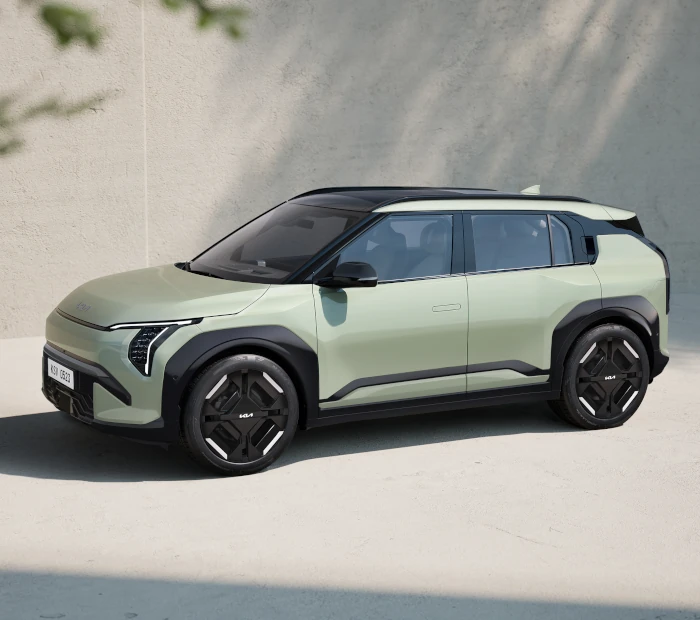In 2023, the automotive world is undergoing a seismic shift. With electric vehicles (EVs) capturing headlines and hybrids and gas-powered cars holding their ground, consumers are faced with more choices than ever before. According to Bloomberg Green, global EV sales surpassed 10 million units in 2022, a staggering 55% increase from the previous year. But how do these electric marvels stack up against the tried-and-true gas and hybrid models in terms of efficiency and cost? In this article, we will dive deep into the world of EVs, hybrids, and gas cars to explore their latest trends in efficiency and cost, helping you make informed decisions on your next vehicle purchase.
The Rise of Electric Cars in 2023
EV Efficiency: Charging Ahead
Electric vehicles are leading the charge in efficiency. Thanks to advancements in battery technology from pioneers like Tesla and BYD, EVs now offer ranges that make them a viable option for everyday use. In 2023, the average EV boasts a range of over 300 miles per charge, with models like the Lucid Air offering over 500 miles. These improvements are largely due to breakthroughs in lithium-ion battery technology, as reported by TechCrunch, which have increased energy density while reducing costs.
- Charging Infrastructure: The expansion of charging networks has also played a crucial role. Companies like Electrify America and Tesla’s Supercharger network have rapidly expanded, making long-distance travel more practical than ever.
- Cost Efficiency: While the initial purchase price of EVs can be higher, lower maintenance costs and government incentives often offset this. According to InsideEVs, the total cost of ownership is now comparable to gas-powered cars over five years.
Hybrid Vehicles: The Best of Both Worlds?
Hybrids, like the Toyota Prius and Hyundai Ioniq, continue to offer a compelling blend of efficiency and convenience. By combining a gasoline engine with an electric motor, hybrids deliver excellent fuel economy without the range anxiety associated with EVs.
- Efficiency: Most hybrids achieve over 50 miles per gallon, making them ideal for city driving where stop-and-go traffic can maximize regenerative braking benefits.
- Cost: Hybrids generally have a lower starting price than EVs and can benefit from certain tax incentives, although these are often less generous than those for full-electric models.
Gas Cars: Holding Strong
Despite the rise of EVs and hybrids, gas cars remain a dominant force in the global market. They offer unmatched convenience with fast refueling times and a lower entry cost.
- Efficiency: Modern gas engines have become more efficient, with many models achieving over 30 miles per gallon. However, they still lag behind EVs and hybrids in terms of environmental impact.
- Cost: Gasoline prices fluctuate, but the initial cost of gas cars is often the lowest among the three options. Maintenance costs can add up over time, especially as vehicles age.
Practical Tips for Choosing Your Next Car
How to Evaluate Efficiency
When evaluating efficiency, consider your driving habits. If you have a long daily commute, an EV with a high range might be ideal. For city dwellers, a hybrid could provide the best balance of efficiency and convenience.
Cost Considerations
- Purchase Price: Look beyond the sticker price. Factor in government incentives for EVs and hybrids, which can significantly reduce costs.
- Operating Costs: Calculate fuel savings for hybrids and EVs versus gas cars. Remember to include maintenance expenses, where EVs typically have an advantage due to fewer moving parts.
- Resale Value: EVs are seeing strong resale values, especially models from leading brands like Tesla, according to AutoCar.
Where to Buy
- EVs: Consider buying from established brands with a strong charging network, such as Tesla or Hyundai.
- Hybrids: Toyota and Honda remain leaders in hybrid technology.
- Gas Cars: Look for models with high reliability ratings from brands like Toyota and Ford.
Conclusion: Navigating the Future of Automobiles
The automotive landscape is more diverse than ever, offering a range of choices tailored to different needs. Whether you prioritize environmental impact, cost savings, or convenience, the right vehicle for you is out there. As we move toward a more sustainable future, EVs are poised to take the lead, but hybrids and gas cars still have their place in the market.
Are you ready to make the switch to an electric vehicle, or does the flexibility of a hybrid appeal to you more? Share your thoughts in the comments below and join the conversation on how these trends will shape our world in the years to come. As technology continues to evolve, one thing is clear: the future of driving is not just about getting from A to B, but doing so in a way that aligns with our values and the planet’s needs.

